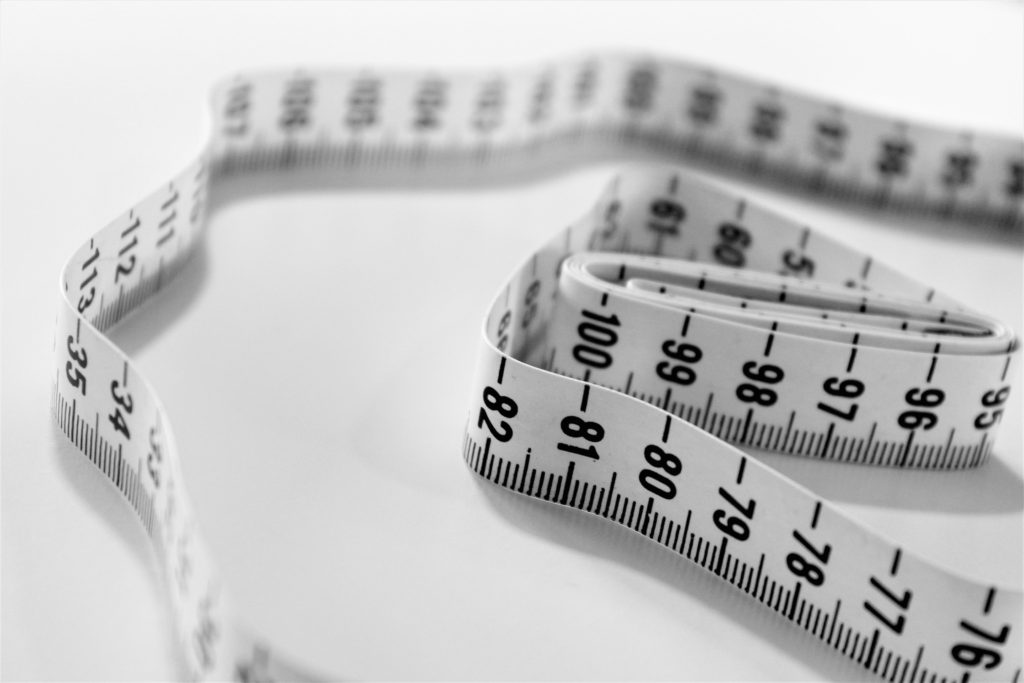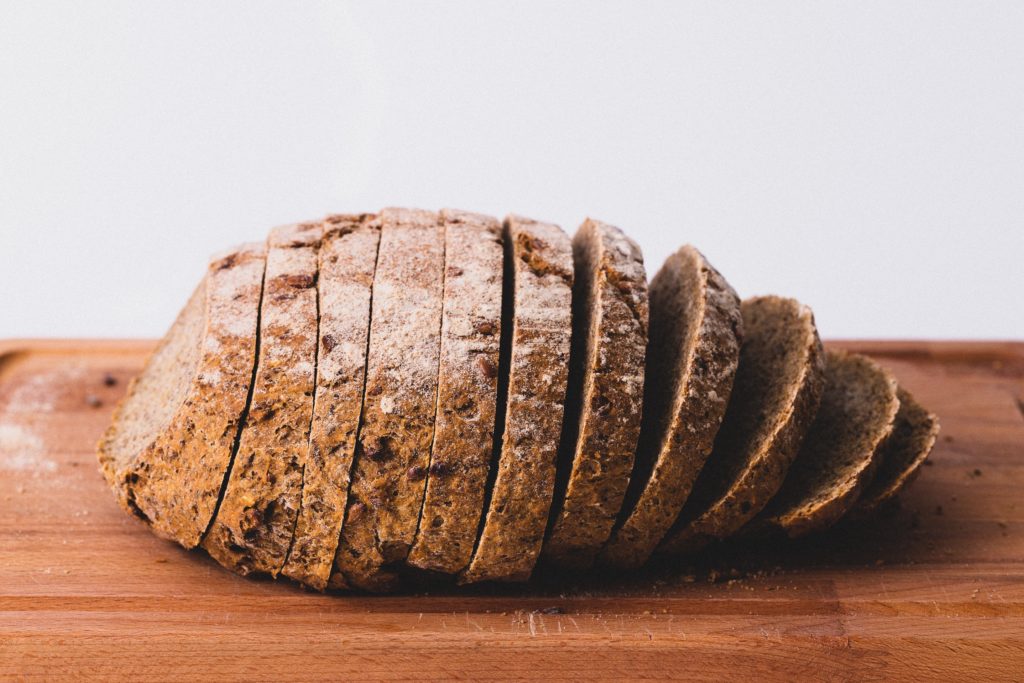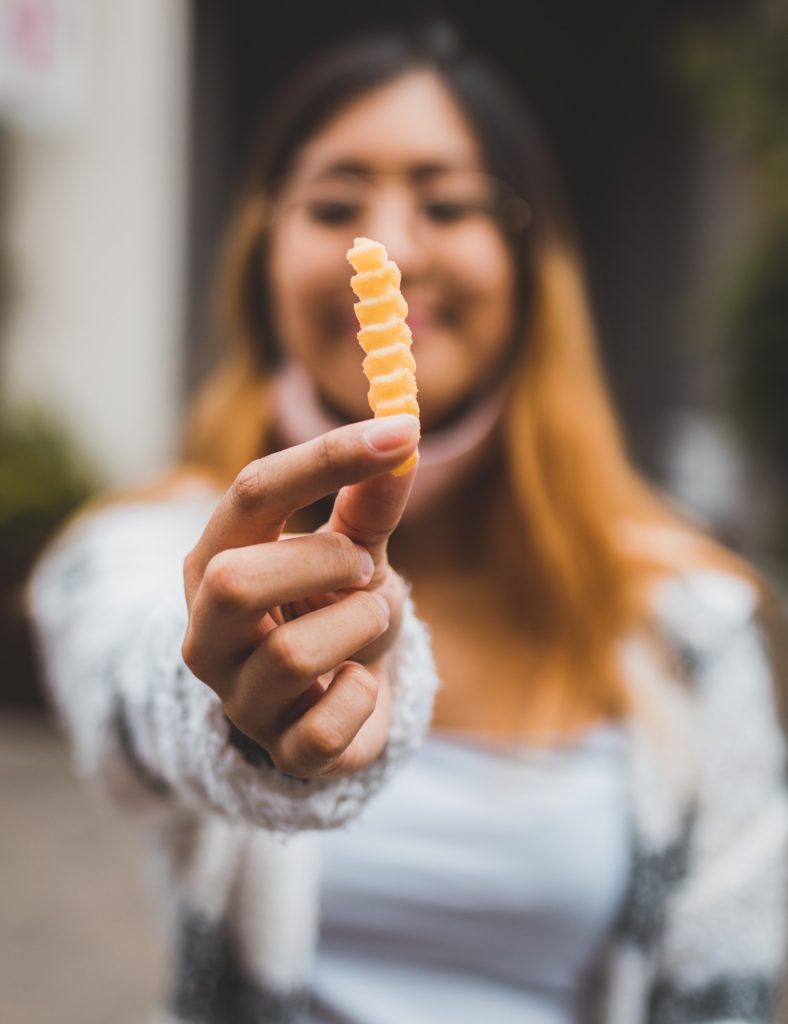
“How to Lose Weight Fast”: Article Review by an Anti-Diet Dietitian
Today I wanted to change things up a little and write an article review!
I read this article from Healthline, “How to Lose Weight Fast: 3 Simple Steps, Based on Science,” after it was sent to me by someone who wondered if following these types of tips can work with intuitive eating since it makes sense and is backed up by science, per the article’s headline.
I think this is such an important question and I’m sure many of you have wondered the same thing for yourselves. I thought reviewing an article like this from the perspective of an anti-diet dietitian might be some useful insight!
Before I review the article, let me clarify one important point that I discussed with my friend during our conversation:
Ultimately, you are the only person who can decide what is best for YOU.
No matter what my opinion or anyone else’s opinion is, if you believe that some form of dieting is a lifestyle you like the most and feel the best in.. go for it! I absolutely don’t intend any of this article review to be a judgement on what you choose to do. Just a learning opportunity for you to understand why as a dietitian I don’t recommend dieting and weight loss for my clients.
OK.. to the article.
Let’s start by pointing out that even the headline is misleading. When you work with a dietitian, you’re not going to get sustainable, science-based recommendations that include a promise of fast weight loss. As dietitians, we are taught that a slow and balanced approach is the best for sustainable weight loss, if that’s what you are seeking.
Now, as an anti-diet dietitian my problem of course lies with the crazy amount of diet culture talk in this article. Some of the things written in this article are just blatantly untrue for most of us, and reading an article like this may cause you to feel shame or like it’s your fault for not being able to stick to what they are recommending, which is basically a very low carbohydrate diet. And they keep calling it simple!
*BIG EYE ROLL* from the anti-diet dietitian over here.
Think about your experience with low-carb dieting. How long were you able to stick to it? Was it easy, or did you think about carbs all the time and have to remind yourself that “being skinny” would be worth never really allowing yourself to eat the food you wanted…
If you were able to stick with low-carb dieting and feel like you were really successful, are you still sticking to it now? If the answer is no, it comes down to this: low-carb diets aren’t sustainable.
If you want to feel naturally healthy, a low-carb diet is not the answer. Why?
Your body’s natural, preferred source of energy is carbohydrates. Period.
Yes, the science backs up the article’s claim that when you are eating low-carb, and have run through your carb stores, your body will burn fat for energy.

Yes, this is likely to lead to weight loss in the short term, especially when you’re sticking to your low-carb diet strictly.
As the article also points out, this works better if you haven’t dieted before. This is because there is also science showing us that the more you diet, the harder it is to lose weight because each time you diet, your body’s metabolism slows in order to try and run just as efficiently with less fuel. Funny how they forget to mention that part!
I went down a rabbit hole and started reading the research that is cited in the article. I think there are some important factors to point out.
The glaring problem with so much of the research they cited is the sample size, population, and length of the study. Starting at the top, I checked out 12 of the research articles for this info. I picked up on a pattern pretty quickly: these claims are being made off of research that really isn’t applicable to the general population.
I found that on average, the studies had a population size of about 60 people and were conducted over a span of four months. On top of that, the population used was often young subjects with no pre-existing conditions, mostly men or pre-menopausal women.
With an average of 60 people in these research studies and a population of 300 million people in the US alone, that means this article is making broad recommendations for YOUR health using info that was only studied on literally only 0.000018% of the US population.
Now check out this article on the requirements that studies on medications have to meet before they can be approved for use on the general population. I have to wonder how many diets would ever actually be FDA approved if they were required to go through this same rigorous process.
I could probably write a five page paper on all the problems I have with the recommendations in this article and how they are the antithesis of intuitive eating, but I’ll just say this: all of the recommendations in here are forms of dieting. When it comes down to it, these tools of dieting will keep you from being able to listen to and trust your own body and ultimately will keep you from really experiencing the amazing benefits of intuitive eating. Let’s move on to the article’s “bottom line”:
“By reducing carbs and lowering insulin levels, you’ll likely experience reduced appetite and hunger. This removes the main reasons it’s often difficult to maintain a weight loss plan.”
I’ll reword this to be more accurate based on ALL of the science we know about weight loss and your body’s biological reaction to restrictive dieting:
“By reducing carbs and lowering insulin levels, you’ll likely experience your body’s natural reaction to being deprived of its primary energy source: biological systems fighting like hell to get you to eat carbohydrates. It’s difficult to maintain a weight loss plan. The reasons why aren’t just going to disappear. Your body will win in the long run”.
There, fixed it.

You can certainly try to continue to use the tools of dieting as you learn about intuitive eating. But the two are mutually exclusive. If you want the best chance at success, you MUST give up your food rules, dieting tools, and eventually your weight loss goals.
As I told my friend, if you go through the intuitive eating process and find that you still prefer calorie counting or a low-carb diet, that is your decision and you are welcome to go back. However, I know from my personal experience and from what I hear from all of my clients that once you fully embrace the intuitive eating lifestyle, the freedom you feel will make you never want to diet again.
You CAN say goodbye to dieting forever with my guidance and the support of a group of amazing people who are going through this journey themselves.
If you’re ready for freedom from dieting and want to learn more about giving your body the trust and respect it deserves in your pursuit of health, let’s chat. I’d love to get to know where you’re at in your health journey and see if you might be a good fit for my October group coaching program!
Until next time,
— Lauren